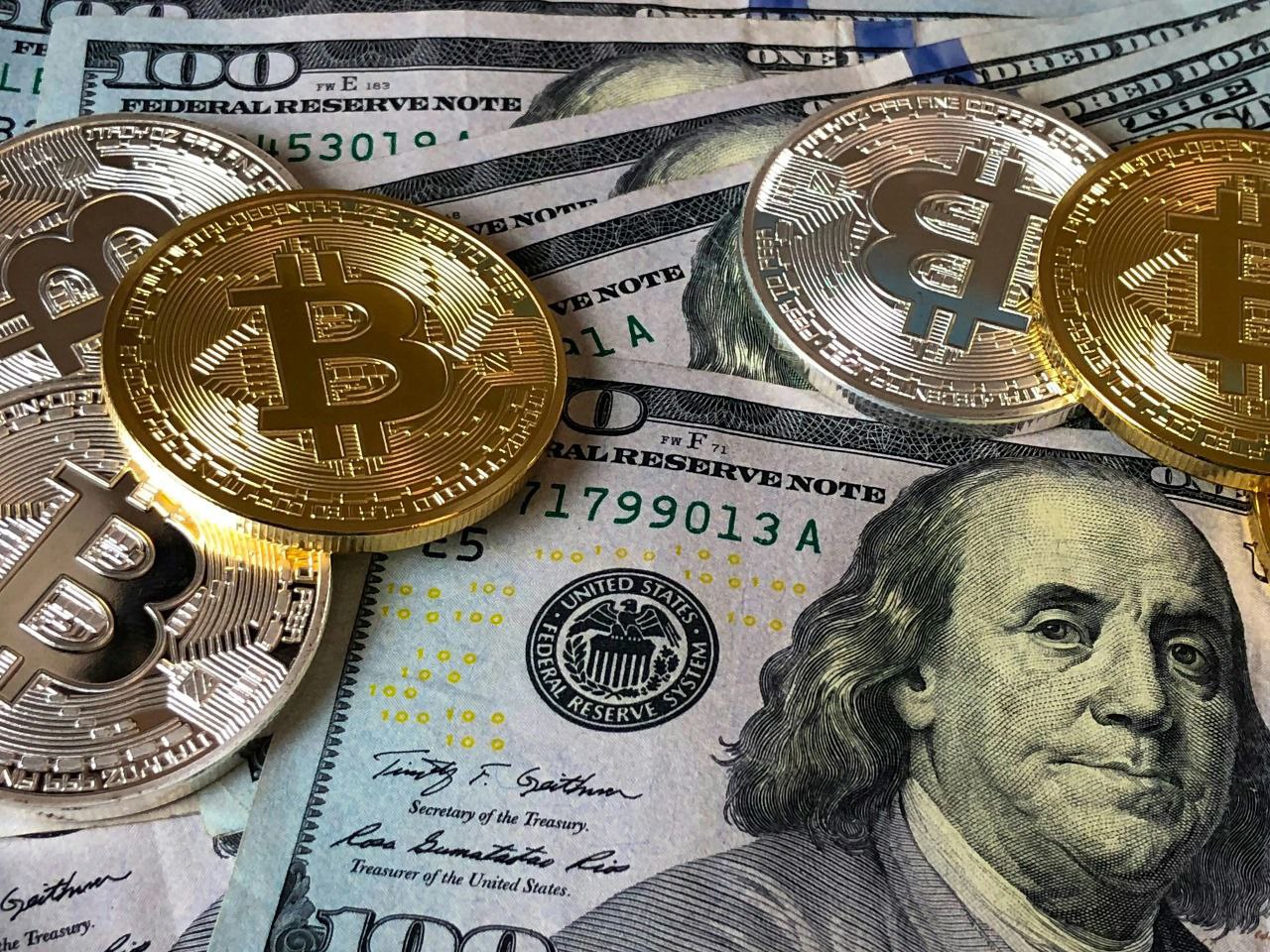Summary:
1- A member of the Federal Reserve stated that the pace of interest rate cuts may need to slow down.
2- The Governor of the Bank of England stated that inflation in Britain remains very stable.
3- Kazuo Ueda stated that the Bank of Japan will decide on monetary policy meeting by meeting.
4- Federal Reserve Chairman Barkin says that the United States has now become vulnerable to inflation shocks.
A member of the Federal Reserve stated that the pace of interest rate cuts may need to slow down: Austin Goolsbee, the President of the Federal Reserve Bank of Chicago, said on Thursday that inflation has decreased over the past eighteen months and is heading towards the Federal Reserve's target of 2%. He noted that the labor market has begun to slow down, and the economy is approaching a stable state of full employment. Goolsbee predicted that interest rates would significantly decrease a year from now, but given the uncertainty about how low rates might go, he also suggested that it may be wise to slow the pace of interest rate cuts.
The Governor of the Bank of England stated that inflation in Britain remains very stable: Monetary Policy Committee member Catherine Mann at the Bank of England said on Thursday that a 100 basis point cut in interest rates next year would be very aggressive. She emphasized that domestic inflation trends indicate a high degree of persistence, which requires keeping rates unchanged for a long time to assess underlying conditions and address structural factors. Once it becomes clear that the dynamics of core inflation have changed, further cuts will be made. Mann's position differs from that of most Monetary Policy Committee members who support a gradual reduction in interest rates. The market expects a cut of about 70 basis points, and it is likely to be reduced more than once. Mann was the only member who opposed the interest rate cut at the November meeting.
Kazuo Ueda stated that the Bank of Japan will decide on monetary policy meeting by meeting: Kazuo Ueda, the Governor of the Bank of Japan, said on Thursday that the central bank will consider exchange rate fluctuations when preparing economic and price forecasts. With one month remaining until the next policy meeting in December, Ueda left room for flexibility, stating that the central bank will make its decisions based on the available information from meeting to meeting. His remarks avoided a commitment to raising interest rates in December but left the door open for the possibility of an increase. Following his statements, the exchange rate of the US dollar against the Japanese yen fell by 0.47%, while the yield on five-year Japanese government bonds rose by about 4 basis points to 0.75%, the highest level since June 2009. Markets interpreted these remarks as a signal for a potential interest rate hike next month.
Federal Reserve Chairman Barkin says the US is now vulnerable to inflation shocks: Thomas Barkin, the President of the Federal Reserve Bank of Richmond, said on Thursday that while monthly government reports show that progress in combating inflation has stalled, inflation in the United States is expected to continue to decline. He noted that companies are now passing costs on to consumers more quickly, leading to increasing inflationary pressures. Barkin pointed out that the US has become more susceptible to wage-related shocks and other cost-related shocks compared to years ago. He also added that the Federal Reserve should not adjust its monetary policy before economic conditions change. If inflation remains above the target level, policymakers should be cautious about lowering interest rates. Conversely, if the unemployment rate rises significantly, it may be necessary to cut interest rates more aggressively.


